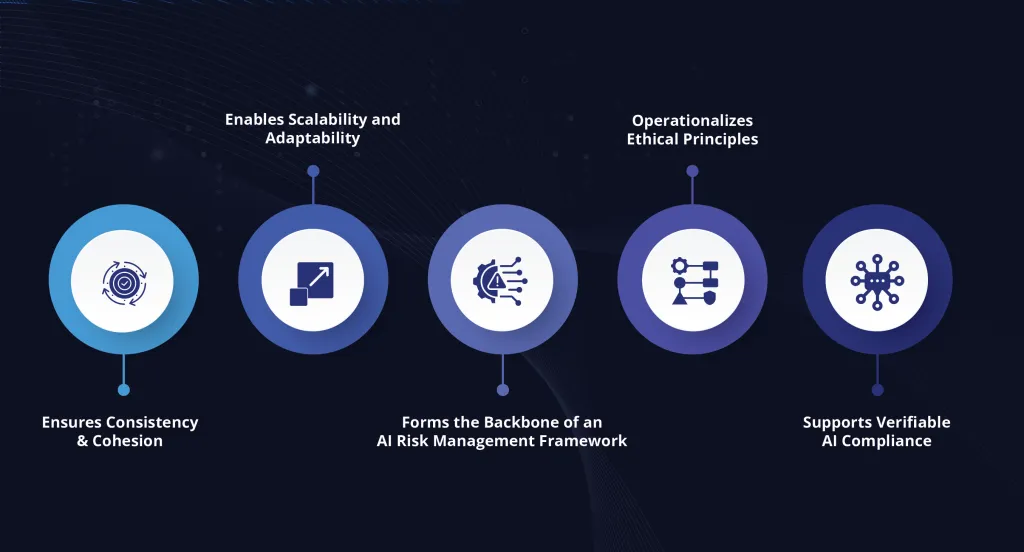In the rapidly evolving landscape of defence technology, the development of autonomous systems presents both unprecedented opportunities and significant ethical challenges. A recent case study on the creation of Athena AI offers valuable insights into how ethical considerations can be embedded into the development of autonomous defence systems, ensuring they are both responsible and responsive to the needs of diverse stakeholders.
The Athena AI project, part of an industry-led, government-funded initiative, brought together a diverse group of collaborators, including researchers, industry experts, and government representatives. The project aimed to develop a trusted autonomous system that could operate effectively within the complex and high-stakes environment of defence operations. Central to the project’s approach was the integration of responsible research and innovation (RRI) principles, alongside an ethics-by-design methodology. This approach ensured that ethical considerations were not an afterthought but were embedded at every stage of the development process.
One of the key lessons from the Athena AI case study is the importance of stakeholder engagement. From the outset, the project team recognised that the success of any autonomous system in defence would hinge on its ability to gain the trust and confidence of end-users, including military personnel and policymakers. To achieve this, the team engaged in extensive consultations with stakeholders, gathering their input and feedback throughout the development process. This collaborative approach not only helped to identify potential ethical concerns but also ensured that the final system was aligned with the practical needs and operational realities of its users.
Another critical aspect of the Athena AI project was the emphasis on transparency and accountability. The development team recognised that autonomous systems, by their very nature, can raise concerns about accountability, particularly in situations where decisions have significant consequences. To address this, the team implemented robust mechanisms for tracking and documenting the decision-making processes of the Athena AI system. This included the use of explainable AI techniques, which allowed the system’s decisions to be understood and scrutinised by human operators. By prioritising transparency and accountability, the project team was able to build a system that was not only effective but also trustworthy.
The Athena AI case study also highlights the importance of continuous ethical review and adaptation. The development of autonomous systems is an iterative process, and ethical considerations must evolve alongside technological advancements. Throughout the project, the team conducted regular ethical reviews, assessing the system’s performance against established ethical guidelines and making adjustments as necessary. This ongoing process of review and adaptation ensured that the Athena AI system remained aligned with ethical standards, even as the technology and its potential applications evolved.
The lessons from the Athena AI project offer valuable guidance for the broader defence sector. As autonomous systems become increasingly prevalent, it is crucial that developers and stakeholders prioritise ethical considerations. By embedding RRI principles and ethics-by-design methodologies into the development process, the defence sector can build systems that are not only technologically advanced but also responsible and trustworthy. The Athena AI case study demonstrates that this approach is not only feasible but also essential for the successful deployment of autonomous systems in defence.
In conclusion, the development of trusted autonomous systems in defence requires a multifaceted approach that prioritises stakeholder engagement, transparency, accountability, and continuous ethical review. The Athena AI project serves as a compelling example of how these principles can be put into practice, offering valuable insights for the broader defence community. As the sector continues to evolve, the lessons from Athena AI will be instrumental in shaping the development of future autonomous systems, ensuring they are both technologically advanced and ethically sound. Read the original research paper here.

